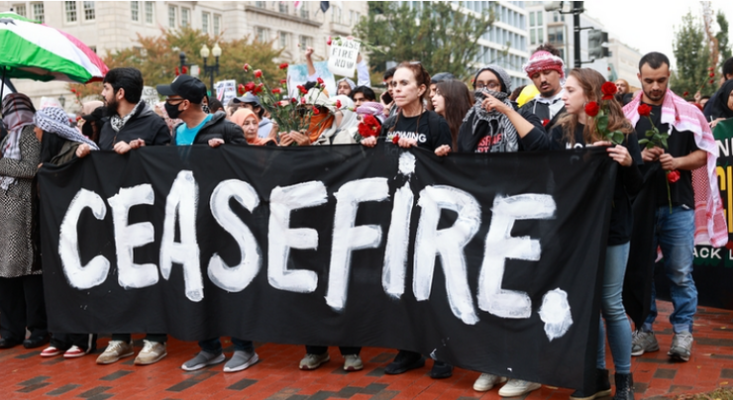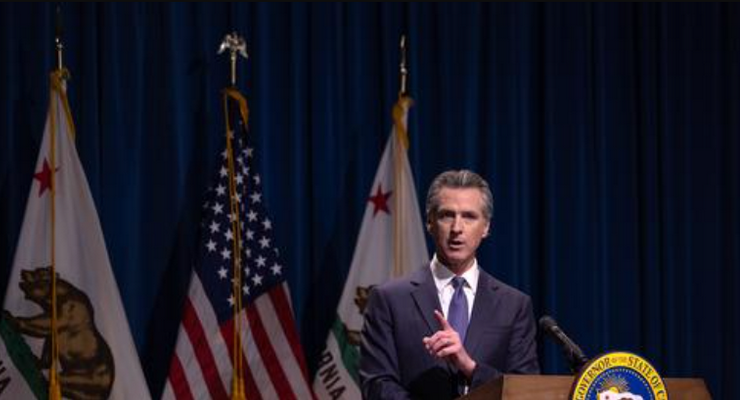Pasadena NAACP President Gary Moody remembers when local police officers were highly familiar with the residents they served. When youth misbehaved, police officers didn’t draw guns or rough them up but threatened to tell their family members because they all knew each other.
“He knew me. I knew him,” said Moody, a Pasadena native, during a forum about police oversight Tuesday at Fuller Theological Seminary.
Activists, civic and community leaders, including Pasadena Mayor Terry Tornek, sounded off on policing as part of the panel discussion “Transparency & Accountability in Pasadena’s Police Department.” Samuel Walker, a University of Nebraska criminal justice professor and expert on police accountability, served as keynote speaker.
Dynamics between police and the community have shifted in present-day Pasadena, where many officers have been priced out of the city and lack ties to residents, according to Moody. As a result, some young people “feel like they’re under siege” after encounters with the authorities, he said.
The momentum the Black Lives Matter movement has gained across the nation in recent years signals that young and marginalized people in a number of communities feel the same. And when an unarmed black teenager named Kendrec McDade died at the hands of Pasadena police in 2012, the city known nationally for hosting the Rose Bowl joined the long line of cities across the U.S. that have made headlines for police killings.
In the wake of McDade’s killing, Pasadena Councilmember John Kennedy asked for a study to be conducted about the need for greater civilian oversight of the authorities, but the City Council initially rejected the request to consider the matter and returned it to a subcommittee to review. The proposal languished there.
The Coalition for Increased Civilian Oversight of the Pasadena Police launched in December 2013 as a result and has called for more police transparency since then. CICOPP organized Tuesday’s panel discussion. It posits that independent civilian oversight builds trust between police departments and communities. More than 130 oversight agencies are in operation nationally, CICOPP estimates.
Mayor Tornek initially did not back Kennedy’s request for an oversight study and admitted that he hasn’t been as involved in the issue as “many of my colleagues on the City Council.” But the awareness CICOPP has raised about oversight has changed his views.
“My thinking has evolved since that came up a couple years ago,” he said. Yet, Tornek also empathized with the police department, noting that the fire department receives far more applicants than the police department does because policing is largely viewed as a dangerous job that’s increasingly under the microscope.
Walker, author of the New World of Police Accountability, said that police departments would benefit from “formal written policies that reflect best practices.”
He said that for far too long people who’ve criticized the police have been unfairly pegged as being soft on crime. He added that government entities, such as the U.S. Department of Justice or Supreme Court, will not “save us” from police misconduct. Grand juries will likely not help either, as it remains exceedingly difficult to prosecute police officers because of the burden of proving guilt, Walker said. Body cameras are a step in the right direction, but guidelines should be established about when police officers should turn them on or off, and discipline meted out to noncompliant officers, he continued.
Walker criticized the FBI for collecting data on officers killed in the line of duty but not on police killings of civilians.
“We have elaborate death rates on everything,” he said. “We don’t have it for this.”
Panelist Stella Murga, executive director of Adelante Youth Alliance, acknowledged that relations need to improve between police and residents but stopped short of backing formal oversight of Pasadena police.
“It feels a bit reactionary to me,” she said. “I’d like to take measured steps.”
Pasadena Church Pastor Kerwin L. Manning said that he’s grown tried of planning funerals for police killing victims such as Leroy Barnes, also shot by Pasadena police, and speaking with grieving mothers about their slain children. However, “police for most part doing a good job,” he said.
The pastor supports police oversight with one caveat: “I think the pursuit of peace has to be intentional.”














 0 comments
0 comments



